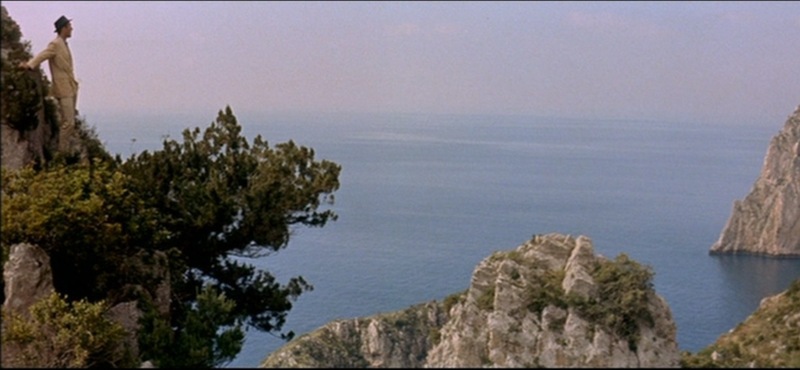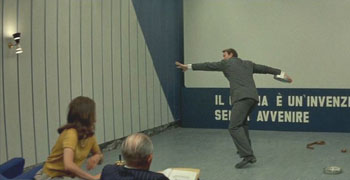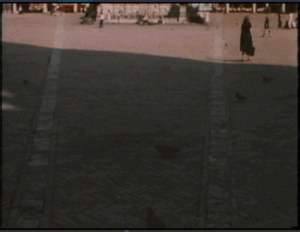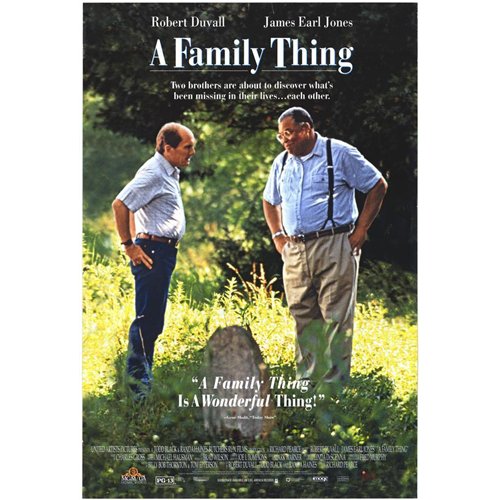From the Chicago Reader (September 5, 1997). — J.R.

Contempt
Rating **** Masterpiece
Directed and written by Jean-Luc Godard
With Brigitte Bardot, Michel Piccoli, Jack Palance, Fritz Lang, Giorgia Moll, and Godard.

Almost exactly 33 years ago, in October 1964, the critical reception of Jean-Luc Godard’s widest American release of his career and his most expensive picture to date was overwhelmingly negative. But now that Contempt, showing this week at the Music Box, is being rereleased as an art film — in a brand-new print that’s three minutes longer — the critical responses have been almost as overwhelmingly positive. It’s tempting to say in explanation that we’re more sophisticated in 1997 than we were in 1964 — that we’ve absorbed or at least caught up with some of Godard’s innovations — but I don’t think this adequately or even correctly accounts for the difference in critical response. Despite all the current reviews that treat Le mépris as if it were some form of serene classical art, it’s every bit as transgressive now as it was when it first appeared, and maybe more so. But because it’s being packaged as an art movie rather than a mainstream release — because Godard is a venerable master of 66 rather than an unruly upstart of 33 — we have different expectations. Read more
The following text, a late addition to this web site, was copied almost verbatim (apart from the correction of typos) from the laptop of the late Peter Thompson, thanks to the help of his widow, Mary Dougherty. — J.R.
Jonathan Rosenbaum, “Talking to Strangers: A Look at Recent American Independent Cinema”, ARTPAPERS, Vol. 13, No. 5, September/October 1989, pp. 6-10.
The following article is excerpted from a lecture given on June 15, 1989 in Lisbon, Portugal, at a seminar organized for the Luso-Americanos de Arte Contemporanea at the Fundacao Calouste Gulbenkian to introduce screenings of a dozen recent American independent films selected by Richard Peña and myself. Peña and Jon Jost also gave lectures at the same seminar — the former offered a broad history of independent filmmaking in the U.S., while the latter gave a subjective account of his own experiences as an independent filmmaker — followed by interventions from Portuguese critics.

It is virtually impossible to treat recent American independent film as a unified, homogeneous body of work. While there has been an unfortunate tendency in academic criticism to treat Italian neo-realism. the French nouvelle vague, or Hollywood films during any particular decade as if they had homogeneity and unity, such an effort can be made only if one views the work incompletely and superficially, and this is perhaps even more true with an unwieldy category such as American independent film. Read more
From the Chicago Reader (April 12, 1996). — J.R.
A Family Thing
Directed by Richard Pearce
Written by Billy Bob Thornton and Tom Epperson
With Robert Duvall, James Earl Jones, Michael Beach, Irma P. Hall, David Keith, Grace Zabriskie, Regina Taylor, Mary Jackson, Paula Marshall, and James Harrell.

If good quiet movies seem as rare as hen’s teeth nowadays, one reason is that they’re gone before most of us get around to seeing them. As a rule, it’s the loud movies, good and bad (usually bad), that claim our attention first — the ones that yell at us from afar through monster ad campaigns tricked up with socko clips and hyperbolic quotes. Those that speak to us in a normal tone of voice, without flash or filigree, seep into our consciousness more gradually — and gradual discoveries are fast becoming impossible given that the commercial fate of a new feature is often sealed the opening weekend.
The first time I saw A Family Thing — not only the best but pretty nearly the only good quiet Hollywood movie I’ve seen this year — was at a press show in late February, back-to-back with The Birdcage. It took me completely by surprise — unlike The Birdcage, which had been shouting from the rooftops for months — and when I finally got around to seeing it a second time I found it every bit as affecting. Read more




